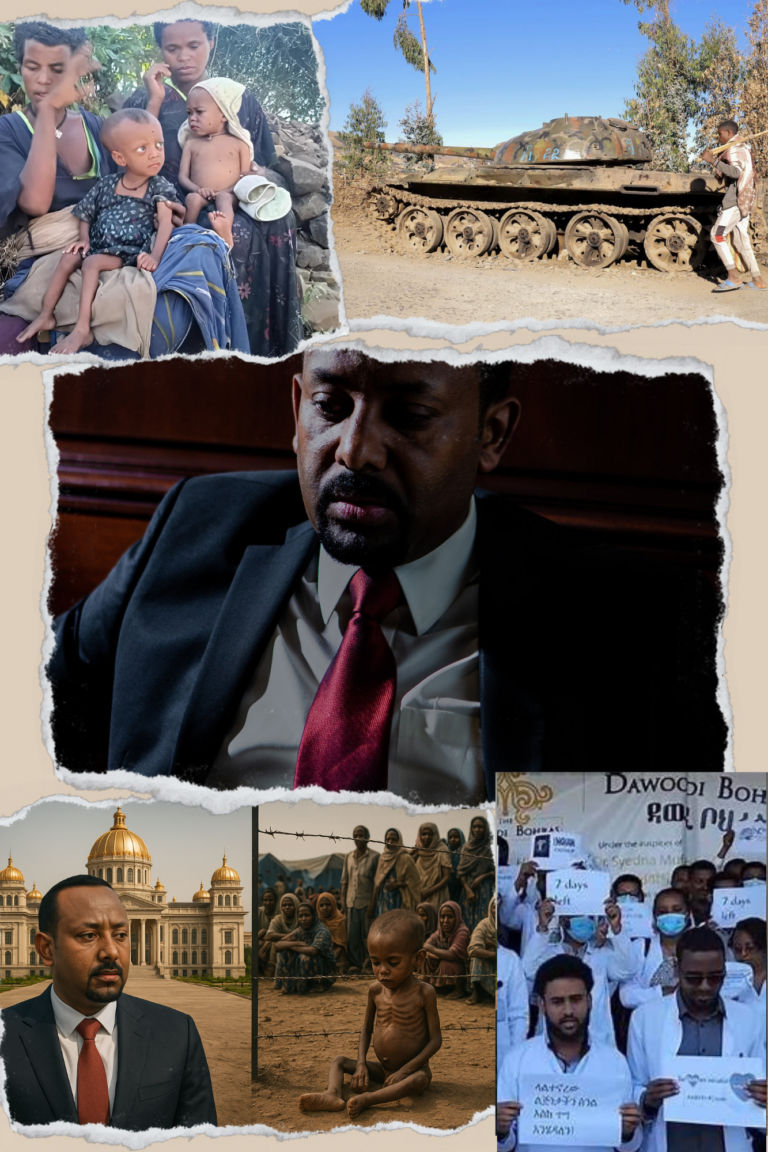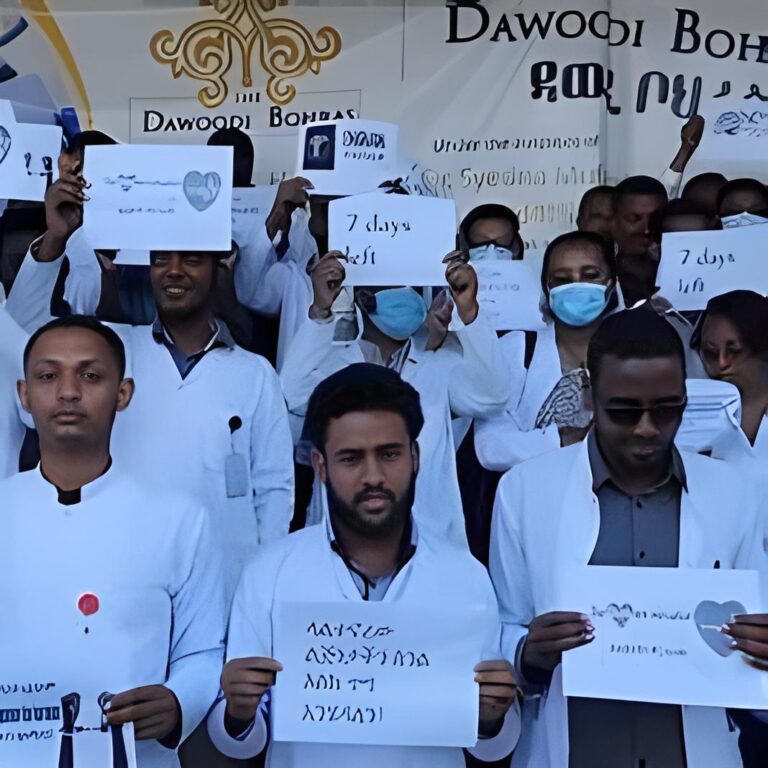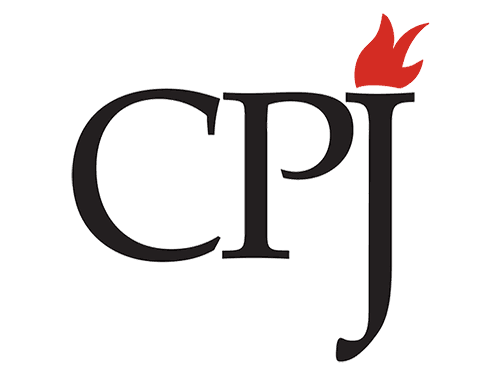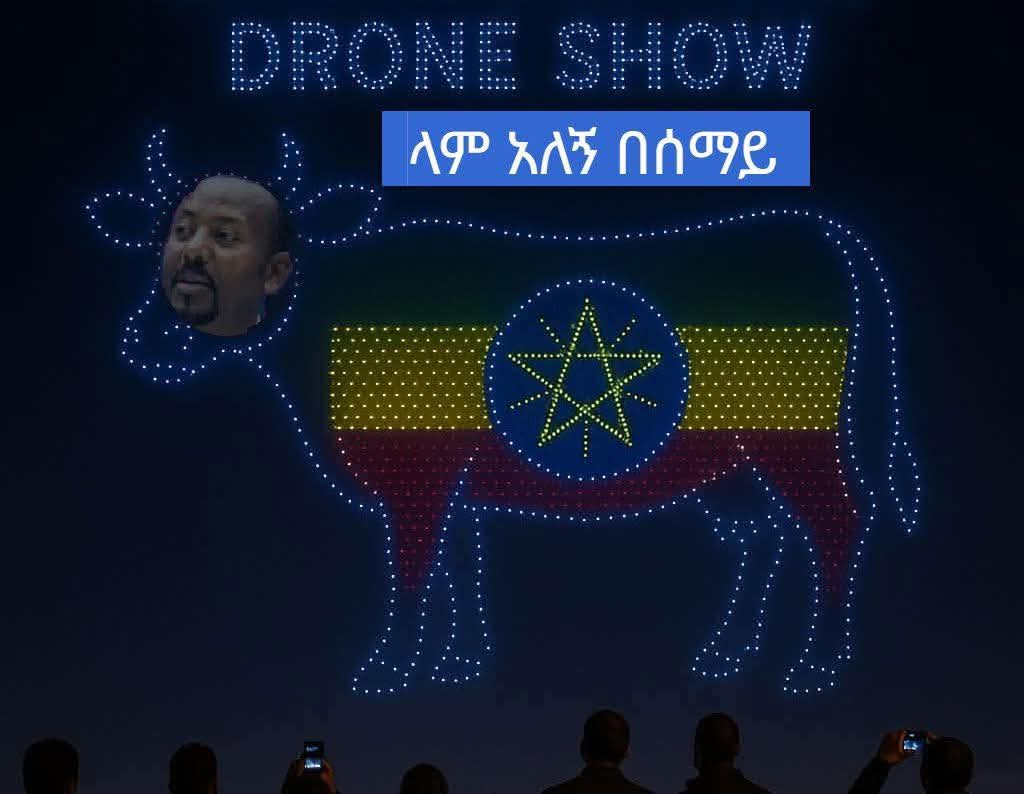
Vanity Over Vision: How Abiy Ahmed’s Palace Projects Betray a Starving Nation
You cannot build palaces atop the hunger of the people
Neamin Zeleke
https://eastafricanreview.com/2025/05/1 ... ng-nation/
2 days ago

As Ethiopia plunges deeper into economic collapse, famine, and internal war, Prime Minister Abiy Ahmed’s government is spending billions on prestige projects leaving millions without food, water, or hope. This in-depth investigation exposes a dangerous disconnection between spectacle and state responsibility.
While Ethiopia’s public sector teeters on the brink of collapse and millions of citizens struggle to survive, Prime Minister Abiy Ahmed’s administration is pouring billions into vanity infrastructure projects most notably a $13 billion palace, luxury eco-lodges, and sprawling ‘corridor development’ schemes that have forcefully displaced hundreds of thousands of poor and marginalized communities in Addis Ababa and the surrounding Sheger city area.
These investments do not reflect a coherent national development strategy but rather a dangerous disconnection from the urgent needs of the Ethiopian people. More than 20 million Ethiopians rely on food aid, and 68.9% of the population lives in multidimensional poverty, according to the UNDP’s 2024 Global MPI. https://hdr.undp.org/content/2024-globa ... -index-mpi
In the capital itself, hundreds of thousands of families still lack access to clean water and electricity.
Meanwhile, teachers, healthcare workers, and civil servants across the country are preparing for mass strikes, demanding a living wage as inflation erodes their income and dignity. Rather than responding to these structural emergencies, the Abiy regime is doubling down on image-building projects. According to Le Monde, https://www.lemonde.fr/en/international ... 634_4.html the palace alone is estimated at $13 billion — rivaling Ethiopia’s combined annual health and education budget.
This is not merely fiscal negligence; it is a deliberate strategy that prioritizes spectacle over substance, optics over equity. These policies have deepened Ethiopia’s social fragmentation and economic hardship, fueling protest, disillusionment, and mass migration. Youth — who make up over 70% of the population are fleeing the country in record numbers, driven out by joblessness, repression, and despair.
UNDP, 2024 MPIMore than 20 million Ethiopians rely on food aid, while the government builds a $13 billion palace.
A nation facing such structural collapse cannot afford a leadership addicted to performance and pageantry. Ethiopia needs strategic governance not a personality cult. The billions spent on palaces and propaganda should be redirected toward water, wages, clinics, and classrooms. If dignity is not restored through policy, it will be demanded through protest.
A Nation in Crisis
The Ethiopian birr has depreciated significantly, from approximately 30 ETB to 1 USD in 2019 to 57 ETB to 1 USD by mid-2024, exacerbating the cost-of-living crisis. This devaluation, coupled with inflation rates peaking at 35%, has eroded the purchasing power of citizens, making basic necessities unaffordable for many.
In Addis Ababa and across major urban centers, basic utilities remain unreliable. Clean water shortages persist, particularly in low-income neighborhoods. Electricity blackouts are routine. These deficiencies reflect a crumbling infrastructure system and a state increasingly incapable of meeting citizens’ needs.
Healthcare systems remain severely underfunded, with reports of medical facilities lacking basic supplies. Over 3,000 schools are non-functional nationwide. Public sector workers are demoralized and overburdened. Despite repeated pleas, the government has failed to implement meaningful reforms.
The Cult of Vanity Projects
Despite these systemic crises, the government has focused its energy and public resources on showpiece projects designed more for international attention than for domestic utility. The Sheger beautification and corridor developments have led to mass evictions, often without compensation or resettlement plans. The new palace project is emblematic of the administration’s detachment.
According to Le Monde, https://www.lemonde.fr/en/international ... 634_4.html the $13 billion palace project represents one of the most expensive government buildings in the world. Officials claim it will become a symbol of Ethiopian pride and sovereignty. Critics argue it is a monument to narcissism and misplaced priorities.
The government has also invested in luxury eco-tourism facilities and airport expansions at a time when the national carrier, Ethiopian Airlines, is laying off staff and slashing domestic services. These contradictions reveal an administration more committed to prestige than to practicality, prudence and strategic vision with the basic needs and aspirations of the Ethiopian people at the center.
The War in Amhara: A Nation at War with Itself
Since April 2023, the Ethiopian government has waged a military campaign against the Fano forces in the Amhara region. In July 2024, Fano launched a major offensive, capturing several towns. The Ethiopian National Defense Force (ENDF) responded with airstrikes and drone attacks, resulting in substantial civilian casualties.
Human rights organizations, including Amnesty International https://www.amnesty.org/en/location/afr ... -ethiopia/ and the Ethiopian Human Rights Commission, have documented extrajudicial killings, drone strikes on civilian areas, and mass arrests. The UN estimates that over thousands of civilians were killed in 2023 alone due to the war in Amhara.
More than a million have been displaced. Over 4.7 million children have had their education disrupted. The war has decimated infrastructure and livelihoods in Amhara, a region historically known as Ethiopia’s breadbasket.
Famine in Amhara: A Man-Made Disaster
The conflict has directly contributed to a worsening food crisis. A survey by Woldia University confirmed famine-related deaths in North Wollo, including children. Farmers report the government blocked access to fertilizer and withheld aid from opposition-held areas.
The World Food Programme https://www.wfp.org/countries/ethiopia warns that more than 10 million people across Ethiopia face hunger and malnutrition, with Amhara and Tigray among the hardest hit. Despite repeated calls for humanitarian access, the federal government has obstructed relief efforts, citing “security concerns.”
Local civil society organizations report widespread starvation and the collapse of farming systems. The absence of a coordinated national response risks pushing the crisis beyond repair.
A Nation at the Brink
Ethiopia cannot afford to be governed by spectacle. A government obsessed with optics while its people starve is not just misguided it is dangerous. The billions spent on monuments to ego must be redirected to the essentials of human needs and dignity. If the state does not change course, the people will demand change in the streets, in the courts, and in the global arena.
The crisis is not just economic. It is moral. It is political. And unless addressed with courage and clarity, it will deepen. The international community must also reframe its engagement. Rather than applauding superficial development projects, donors and multilateral institutions should condition aid on measurable improvements in governance, basic service delivery, human rights, and sustainable development goals SDGS, Agenda 2030, https://sdgs.un.org/2030agenda where Ethiopia is among the signatories.
1. UNDP (2024) – Global Multidimensional Poverty Index (MPI)
https://hdr.undp.org/content/2024-globa ... -index-mpi
2. Le Monde (2024) – Reporting on $13 Billion Palace Cost. (Exact article title and link not specified, reference to French investigative reporting.)
3. United Nations OCHA (2024–2025) – Humanitarian Needs Overview: Ethiopia
4. World Bank (2024) – Ethiopia Overview
(General economic and infrastructure data on Ethiopia.)
5. Freedom House (2025) – Freedom in the World: Ethiopia Country Report. (Details Ethiopia’s civil liberties and political rights rankings.)
6. Amnesty International (2024–2025) – Reports on Mass Arbitrary Arrests and Drone Strikes in Amhara Region
7. Social Media Documentation (2025) – Testimonies and media evidence compiled by verified Ethiopian professionals and activists, including @Jawar_Mohammed
8. Woldia University (2024) – Survey on Famine-Related Deaths in North Wollo, Amhara Region
9. World Food Programme (2024–2025) – Food Security and Hunger Forecasts for Ethiopia
10. Ethiopian Human Rights Commission (2024–2025) – Reports on Civilian Casualties and Rights Violations in Amhara Conflict
_______________
The audacity is unreal ...
“Who said I’m building a palace with just 49 billion birr? It’s over 500 billion birr”
And he says it like, yeah ... and what are you gonna do about it?
The country’s deep in an economic crisis, health workers are on strike just asking for a livable wage, and meanwhile, this little d!ctator arrogantly admits he’s building a $10 billion palace for himself.







